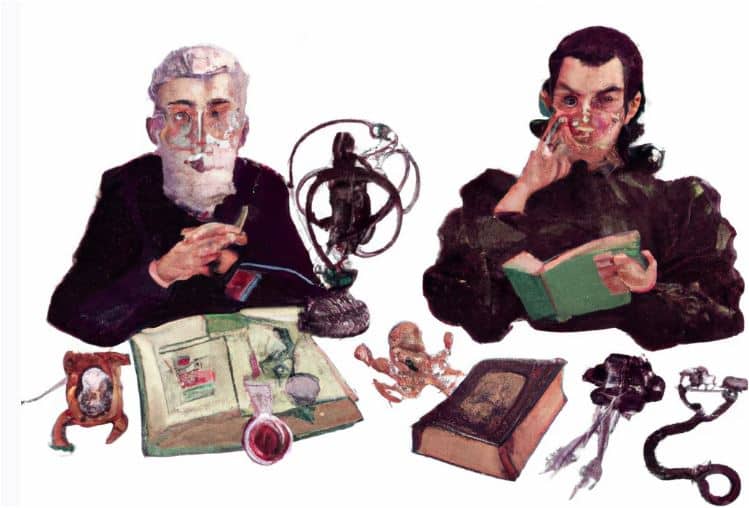Kindly Let Us Know If This Was helpful? Thank You!
- Home
- Featured Resources
- Mechanism of Action of Endocrine Drugs
- History of hormones
- Landmark Diabetes and Endocrinology Trials
- Calculators in Endocrinology and Diabetes Care
- Endocrinology Practice Guidelines
- Endocrine System Mnemonics
- Endocrine Journal Club
- Dynamic Tests in Endocrinology
- Our Books
- Endocrine Question Bank
- Endocrine Board Review (Guideline Quizzes)
- Histology of Endocrine Glands
- Endocrinology Fellowship Resources
- Internal Medicine Notes

- Learn About Us
- Board Review
- My Dashboard

